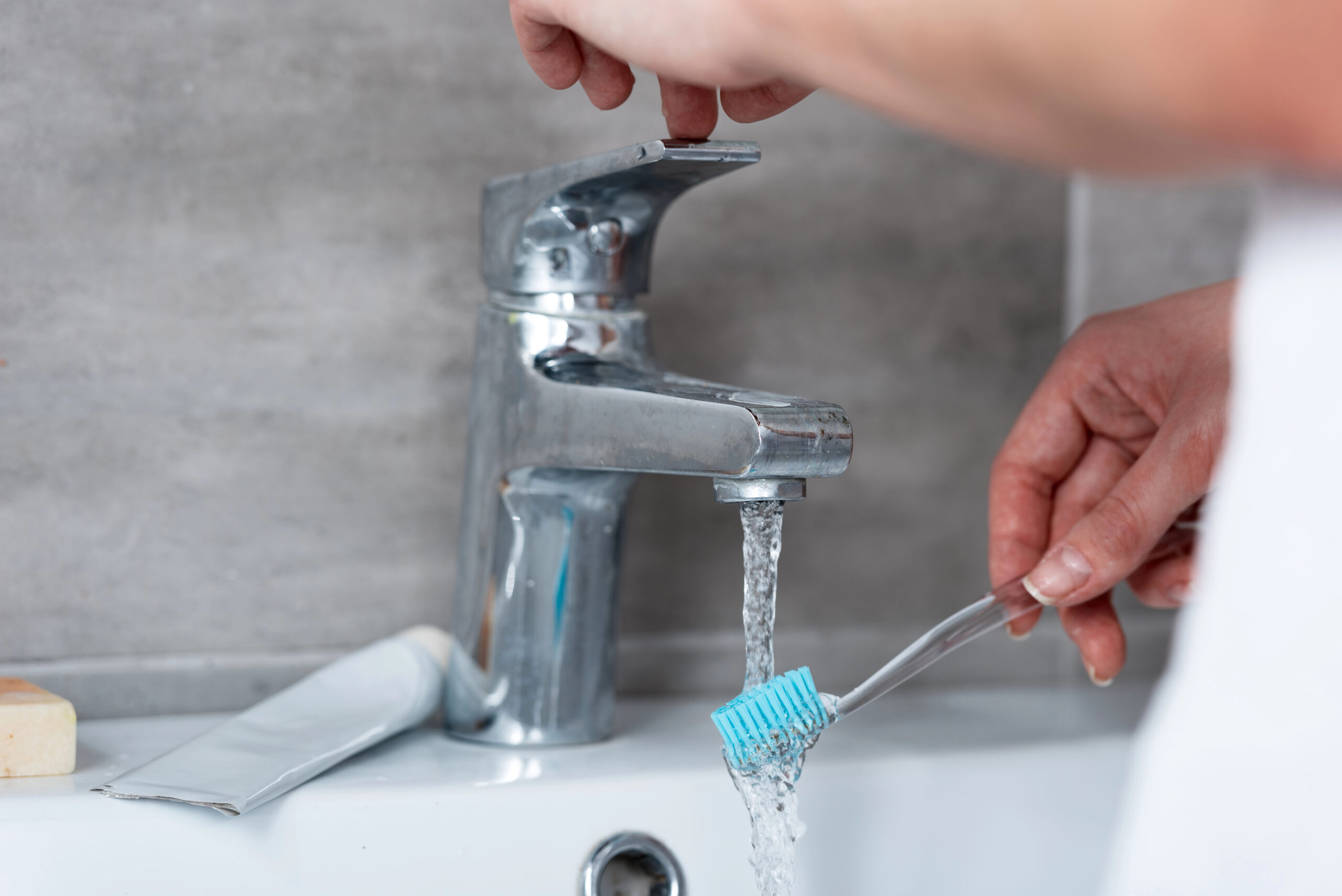New viruses discovered in the home, opening the door to treating resistant infections

Compilation
A recent study from Northwestern University in the US found that Shower heads and toothbrushes contain viruses which had not previously been identified. However, these viruses, called bacteriophages, do not pose a threat to human health and may play a key role in the fight against antibiotic-resistant infections such as tuberculosis and other serious bacterial diseases.
Team led by a microbiologist Erica M. Hartmann, found over 600 different viruses in samples collected from these everyday items. “The number of viruses we discovered is simply incredible. We haven’t seen many of them before. This “It demonstrates the untapped biodiversity that exists all around us, right under our noses.”, Hartmann explained.
Bacteriophages, which are viruses that specialize in infecting and killing bacteria, have attracted scientific attention in recent years due to their therapeutic potential in cases where traditional antibiotics have failed. The study identified phages that can be used to treat pathogenic bacteria. for example, those that cause leprosy, chronic lung infections and, above all, tuberculosis.
The research has identified phages that can be used in treatments against pathogenic bacteria, such as those that cause leprosy or tuberculosis.
Hartmann and his team found a significant prevalence of mycobacteriophages, a type of virus that infects mycobacteria. These bacteria include pathogenic species of great clinical importance, such as those that cause tuberculosis. “We could imagine a future in which these viruses are used to kill pathogens in water systems or even for medical purposes.”– Hartmann commented. This approach will open new doors in the fight against infections that are currently They are very difficult to treat due to increasing resistance to antibiotics.
Despite the impressive nature of this discovery, Hartmann reassured the population. The researcher noted that These viruses do not pose an immediate threat to human health. In fact, he suggested that instead of worrying about germs in bathrooms, people should use simple cleaning methods such as soaking shower heads in vinegar or Wash your toothbrushes with soap and water. He also warned against the overuse of antimicrobials, which could contribute to the development of resistant bacteria.
“Germs are everywhere, and the vast majority of them do not harm us.” – noted the researcher. “The more we fight them with disinfectants, the more likely we are to develop resistance or the more difficult they become to treat. “We must agree to coexist with them” – the microbiologist warned. Rather than viewing these microorganisms as a threat, Hartmann emphasizes that they can become critical allies in the development of new treatments.
Thus, a study published in the journal Microbiome boundaries not only highlights the enormous microbial biodiversity of the home environment, but also provides new hope in finding solutions to the most challenging bacterial infections of the 21st century.